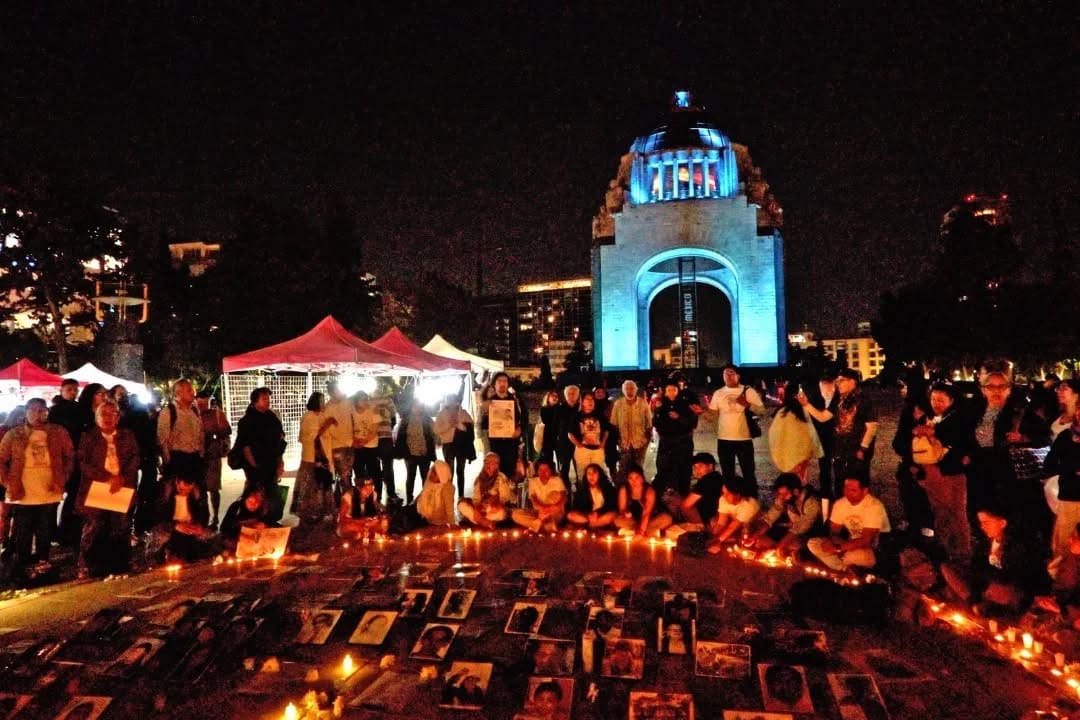"Mexico in flames"?

Dear friends,
Many have reached out after seeing the international news from Mexico — the army deployment, the cars and shops on fire, the blockaded streets. I understand and appreciate why — the scenes are made to order for panic, and were heavily amplified by US and Canadian tourists caught off guard while vacationing in the resort town of Puerta Vallarta.
The terror tactics and the violent restriction of movement that you saw are real. And, I've been reminded once again of the difficulties of explaining events like this to people outside Mexico/the region. First, the events of blockades, military gun battles, and big fires happen with routine frequency in many parts of the country and do not receive international coverage, in part because they do not always appear to be nationally co-ordinated and are less commonly found in resorts popular with tourists from the so-called Global North. Second, the relentless framing of such violence as a manifestation of the Mexican state/armed forces versus 'drug cartels' makes useful explanation pretty much impossible, at least through most media outlets. Dios mio, we have needed new reporting frames for such a long time. I will try and write more about this in the coming weeks and share perspectives of local people on the ground. Meanwhile, here are some interviews and texts that gesture to the problem of international media framing, and to helping us understand what actually happens in these internationally spectacularised moments and precisely how they point to the system at work in Mexico:
- Comments from Sergio Aguayo in this interview with Al-Jazeera - on the global stereotyping of Mexico that blocks analysis of what's actually happening
- 'Another Kingpin Falls, Nothing Changes', Michael Fogel in Jacobin - in which the unequivocal failure of the so-called 'kingpin strategy' is reiterated once more
- Comments from Laura Gottesdiener and Alexander Aviña in this interview with Democracy Now - on the role of fake news and AI-generated images for propaganda purposes and the history of the 'war on drugs' in Mexico
- Dawn Paley, El Mencho and paramilitary power in Mexico - reiterates the invitation to think of 'drug cartels' as instead paramilitary groups and 'cartel violence' as a military-paramilitary structure that the Mexican state is a continuing part of
- Jonny Wrate's interview with RTE Radio One - on the actual activities of the Cartel Jalisco Nueva Generación (i.e. well beyond drug trafficking), the spectacular nature of the images seen around the world and the difference between groups like the Cartel Jalisco and others currently coralled by the US under the label of 'narcoterrorism'
Thanks for staying with the trouble! This edition is free to all to read - if you're not yet a paid subscriber and you can spare $5USD/month, I'll be able to tell you more as time goes on.
Ann.